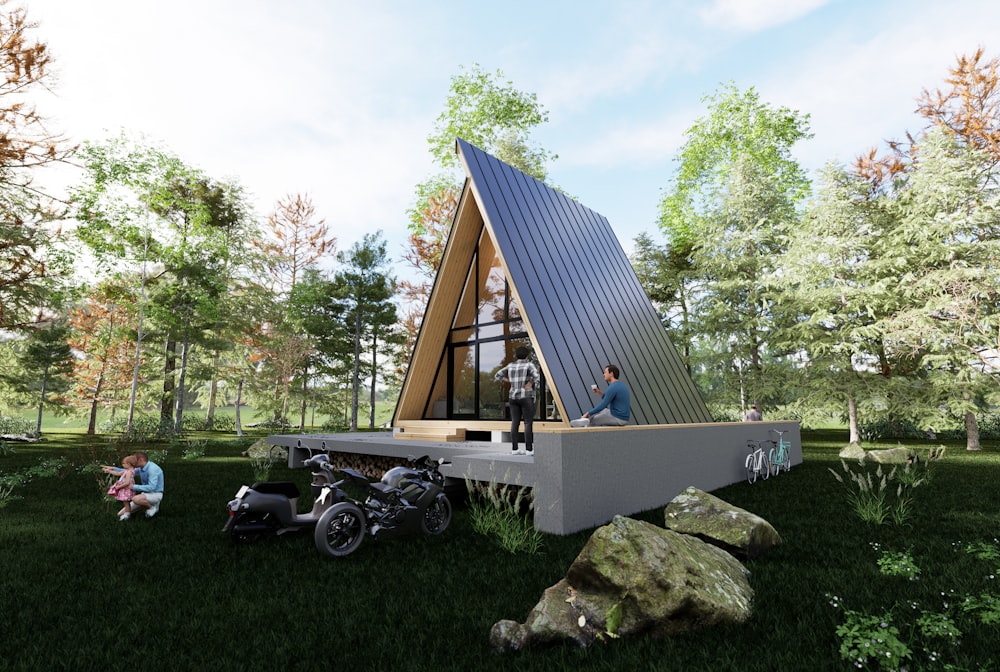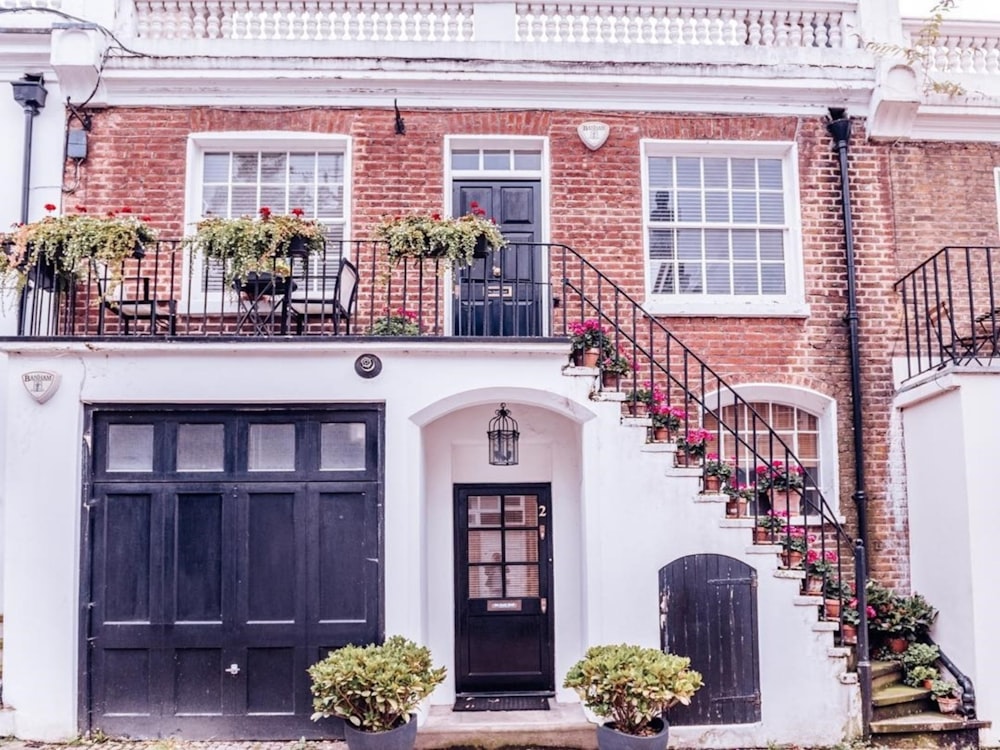
Small Apartment Interior Design Space-Saving Solutions
Small Apartment Interior Design: Space-Saving Solutions
Making the Most of Limited Space
Living in a small apartment can pose unique challenges when it comes to interior design. However, with the right approach, even the tiniest of spaces can be transformed into stylish and functional homes. By utilizing space-saving solutions and clever design techniques, you can maximize every square inch of your apartment.
Prioritizing Functionality
When designing a small apartment, it’s essential to prioritize functionality above all else. Every piece of furniture and decor should serve a purpose and contribute to the overall usability of the space. Opt for multifunctional furniture pieces that can serve dual purposes, such as a sofa bed or a coffee table with built-in storage.
Optimizing Storage Space
Storage is often a major concern in small apartments, but there are plenty of creative ways to maximize storage space. Consider investing in vertical storage solutions, such as wall-mounted shelves or hanging organizers, to make the most of unused wall space. Utilize under-bed storage boxes and ottomans with hidden compartments to keep clutter at bay.
Embracing Minimalism
In a small apartment, less is often more. Embrace a minimalist design aesthetic to create a sense of openness and airiness in your space. Choose sleek, streamlined furniture and decor pieces with clean lines and minimal ornamentation. Keep clutter to a minimum by sticking to essential items and avoiding unnecessary knick-knacks.
Playing with Scale and Proportion
Scale and proportion play a crucial role in small apartment design. Opt for furniture pieces that are appropriately sized for your space, avoiding oversized or bulky items that can overwhelm the room. Choose furniture with slender profiles and raised legs to create the illusion of more floor space.
Maximizing Natural Light
Natural light can make a small apartment feel more spacious and inviting. Maximize the amount of natural light in your space by keeping window treatments minimal and opting for sheer curtains or blinds that allow sunlight to filter through. Position mirrors strategically to reflect light and create the illusion of larger windows.
Creating Visual Continuity
Maintaining visual continuity throughout your small apartment can help create a sense of cohesion and flow. Choose a cohesive color palette and carry it through the entire space to create a sense of unity. Use area rugs to delineate different zones within an open-concept layout while still maintaining visual continuity.
Incorporating Visual Interest
While simplicity is key in small apartment design, that doesn’t mean your space has to be devoid of personality. Incorporate visual interest through texture, pattern, and pops of color to add depth and dimension to your space. Consider adding an accent wall with bold wallpaper or introducing textured textiles like throw pillows or area rugs.
Maximizing Flexibility
Flexibility is essential in small apartment living, where space is at a premium. Choose furniture pieces that can easily be reconfigured or moved around to accommodate different needs and activities. Consider investing in modular furniture systems that can adapt to your changing lifestyle and space requirements.
Personalizing Your Space
Above







